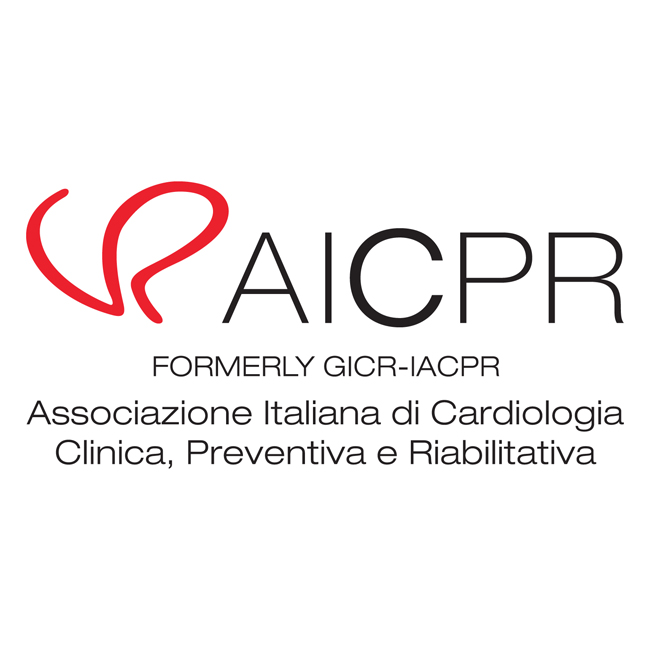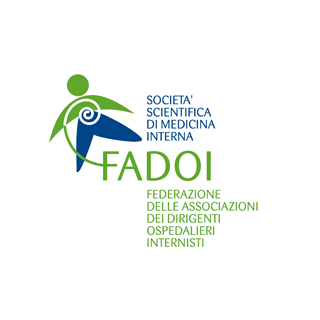
by cristiano | Oct 17, 2018
Gastrointestinal (GI) bleeding risk is increased in presence of double antiplatelet treatment. Risk factors for GI bleeding are: previous GI bleeding, peptic ulcer, advanced age, NSAIDs or steroid drugs use, oral anticoagulant therapy. In absence of risk factors, PPI...

by cristiano | Oct 17, 2018
NSAIDs and 2 cyclooxygenase inhibitors (anti-COX-2) – although widely used even without a medical prescription – can cause important side effects including increased blood pressure, lower response to antihypertensive treatments, water retention and...

by cristiano | Oct 17, 2018
The most recent international guidelines indicate lipid-lowering therapy in subjects over 70 years of age mainly for secondary prevention; it should be considered in primary prevention, albeit with a low level of evidence, only for patients with very high...

by cristiano | Oct 17, 2018
It is important that physicians give proper care to terminally ill patients; they require appropriate and early recognition of their needs (also through the use of standardized and validated tools) thus leading to correct management of symptoms (such as pain, dyspnea,...

by cristiano | Oct 17, 2018
Anxiety, depression and insomnia are very frequent in the elderly population and often require pharmacological treatment. Benzodiazepines are still frequently prescribed in the elderly; however, they do have side effects, even severe ones, such as excessive sedation,...








Recent Comments